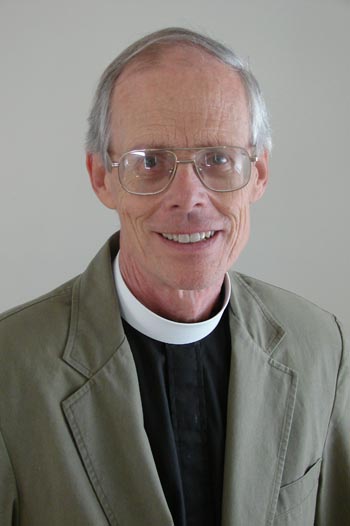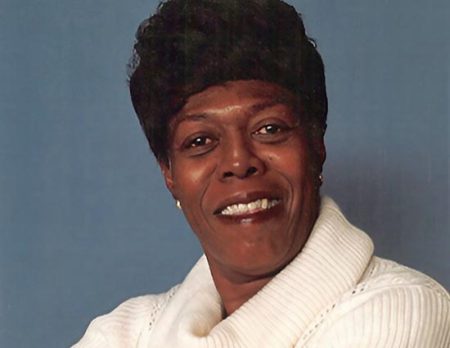What Makes for “Good” Religion?
 |
| Reverend James S. Abbott, pastor. |
By Reverend James S. Abbott
Religion is a dangerous thing. (That should get your attention! Not exactly something you’d expect a preacher to say, is it?) Like any powerful force — such as fire or money or technology or sex — it can be used for good or ill.
At its best, religion calls forth the highest and noblest in people; it creates strong families and moral individuals; it redeems people from sin and degradation; it uplifts communities; it unites people to God and one another. At its worst, it creates fear and/or self-righteousness; it beats people either up or down; it leads to wars and persecutions; it divides rather than unites the peoples of the world.
In my own Christian tradition, there are, regrettably, many examples of
what I would call “bad” religion: the numerous persecutions of Jews
over the centuries; the killing of both Protestants and Catholics for
being “heretics” in the 16th Century; the “holy” wars waged by
Christians against Muslims in the Crusades (not unlike the religiously
sanctioned wars being waged against us today by radical Muslims); the
enslavement of Africans and the genocide of Native Americans by white
Christians; the subjugation of women and the exclusion of homosexuals.
Ironically, in every case, these practices were justified on Biblical
grounds. And in every case, the seeds of these terrible practices were
sown when those in power decided that they were the ones who were
“saved,” chosen, favored, righteous; and that the others were the ones
deemed to be “unsaved,” “less than,” “unworthy,” and somehow outside
the circle of God’s favor.
So I have come to see that it is not only arrogant but also dangerous
to claim that my way, or our way is the only way to salvation. It
automatically divides people into “separate and unequal” categories;
and we all know how dangerous that has proven to be in the past!
The truth of the matter is that we simply do not know for sure who will
and who will not be saved. Even the Bible has conflicting answers to
that question. Compare for example the following passages from the New
Testament: John 14:6 (“I am the way, the truth and the life. No one
comes to the Father except through me.”; Matthew 7:21 (“Not everyone
who says unto me ‘Lord, Lord’ will enter the kingdom of heaven, but
only the one who does the will of my Father in heaven”; Matthew
25:31-46 (where both the “sheep” and the “goats” are surprised at their
fate on Judgment Day and discover that the only criterion for
inheriting the kingdom or not is how well they responded to the needs
of the “least of these my brethren”; and Romans 11:32-36 (in which St.
Paul hints that perhaps in the end “all” will be saved, but that God’s
judgments are “unsearchable” and his ways “inscrutable” .)
Now don’t get me wrong! I am both proud and humbled to claim Jesus
Christ as my Lord and Savior, and I try to share the Good News of Jesus
in any way I can…by loving, witnessing, serving, sharing, proclaiming,
working for justice, seeking peace. It is by and through him that I
have found my pathway to God, and I have dedicated my life to serving
him and sharing as best I can the good news of his life, teaching,
death and resurrection with others.
So all I’m asking for is a little humility: that we share our own faith
without putting down someone else’s; that we bear witness to what God
has done for us in our lives without trying to place limits on what God
may be doing in the lives of others; that we concentrate mostly on
living our faith in such a way that our lives become “a living
testimony” to God’s amazing grace and all-embracing love.
That, for me, is the essence of “good” religion. And, frankly, I’m happy to leave the rest up to God.
Reverend James S. Abbott is the pastor of St. Matthias Episcopal Church, a diverse and welcoming congregation, with a valued long-standing African American heritage. It is our mission to uphold a commitment to exclusivity, mutuality, healing, liberation, for both personal and social transformation – after the example of Jesus Christ. For more information contact: (828) 285-0033, or email Reverend James S. Abbott at: [email protected]








